The telephone newspaper comes to America. Briefly.
Telefon-Hirmondo’s managing editor remarked that he found it odd that “a country like America with its amazing enterprise and development has not produced a ‘Telefon-Hirmondo’ of its own,” pointing to our entrepreneurial advertisers and fondness of novelty.
In fact, AT&T had made a number of attempts to deliver a news and entertainment service over the telephone in the 1880s-1890s, but with no success. What is true then is true now: just because a network provider offers a service does not mean that it will succeed, even if it owns the network facilities.
In 1911, the Americans tried again, when the concept was licensed by M. M. Gillam, the former advertising manager of the New York Herald and implemented as the Telephone Herald in Newark, New Jersey. Over 1,000 subscribers took advantage of the service for the price of $18 a year, or five cents a day, with a second line for $7 a year, or two cents a day. Without a dedicated line for the service, it was not possible to consume news and make a phone call at the same time.
Unfortunately, the New Jersey experiment failed a year after launch. A discussion of the American concept and its challenges, including a six-month delay courtesy of the Public Utilities Commission, appeared in the magazine Telephony on March 30, 1912.
A similar concept called the Théâtrophone saw success in France. Transmitters were installed on the stage at the Paris Opera connected by wire to a dispatch center and then to hotels, clubs, cafes, and subscribers’ homes. News supplemented the daily transmission of theatrical performances. Price discrimination was employed to sell subscriptions and tickets to different levels of content.
In Britain, the Electrophone service was offered over the existing telephone network in cooperation with the National Telephone Company and the British Post Office. Content included live theatre, music, and, on Sunday, religious services. One could request a particular program a la carte or by subscription. There was no advertising, and subscriptions were high: $50/year in 1900, equivalent to annual fee of $1428 in today’s dollars. At its height, it had only 2,000 subscribers. The service was supplanted by the British Broadcasting Corporation, funded through a mandatory licensing fee on all listeners.
Tymin Industries Limited founded in 2003, is a leading telecommunication products manufacturer and OEM/ODM electronic products manufacturer in China. Our main products are corded phones, SOS emergency phone, call blocker, key finder, fixed wireless phone and GPS tracker. Making communication simpler, safer and healthier is our mission! The following images is part of our company's products. For more details for our products, please just feel free to contact us.




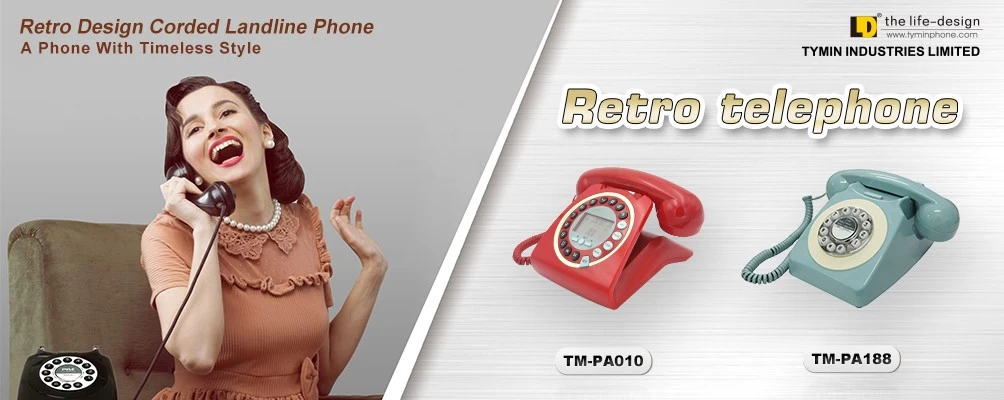


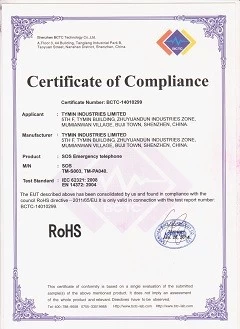
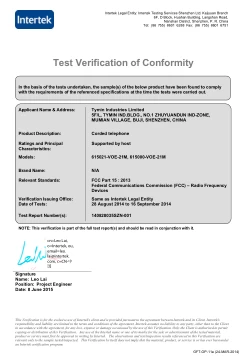
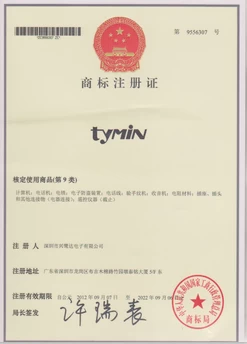
.jpg.webp)
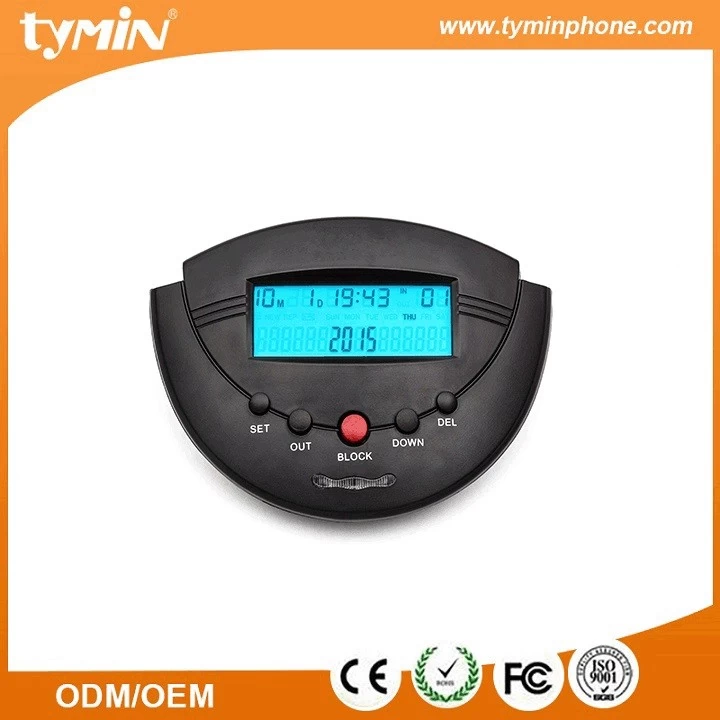
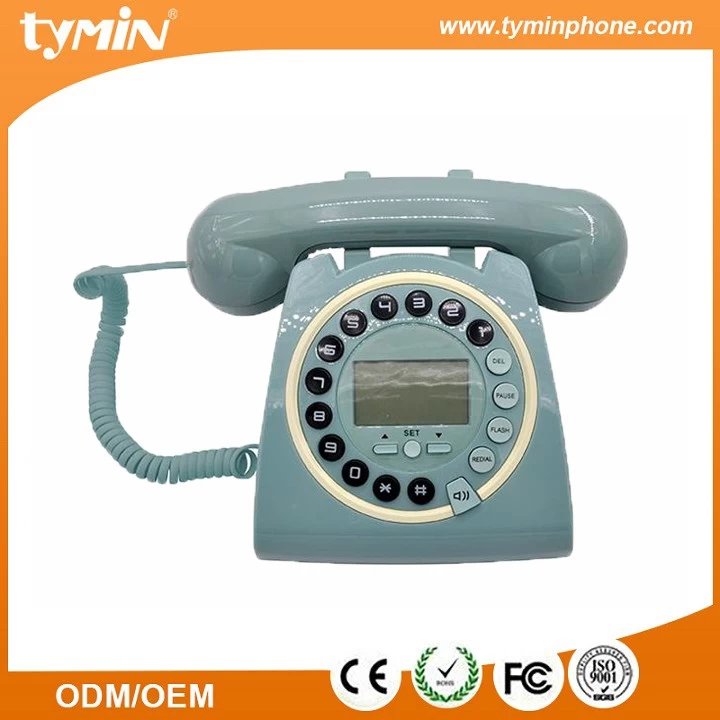
_2.jpg.webp)
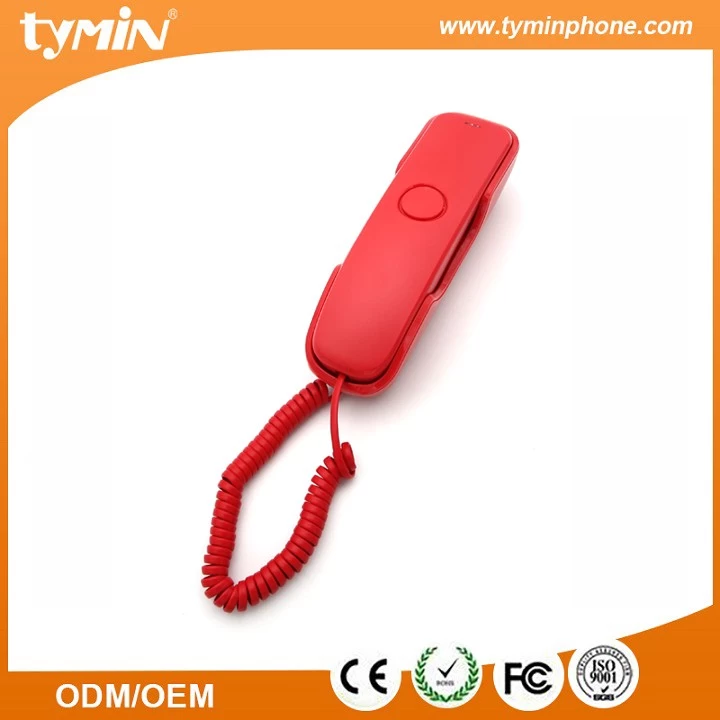
_3.jpg.webp)
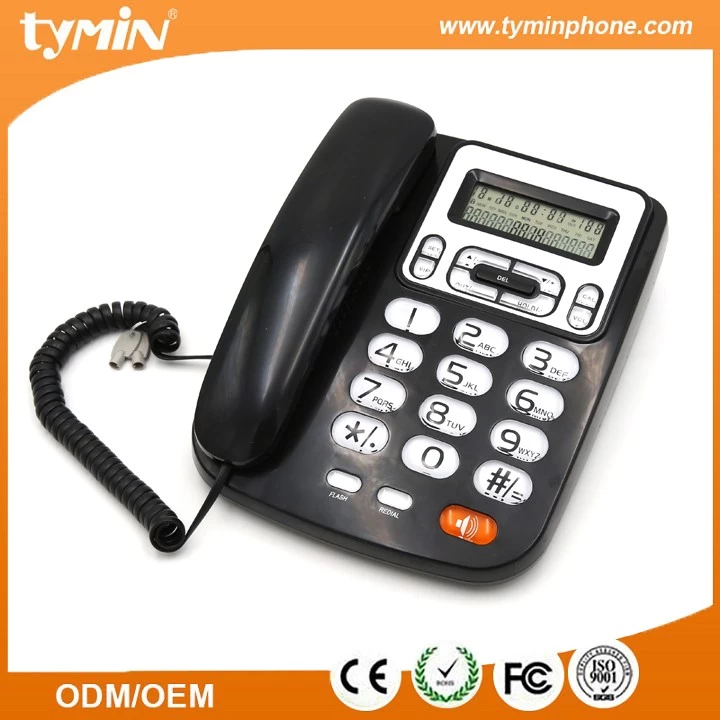
.jpg.webp)